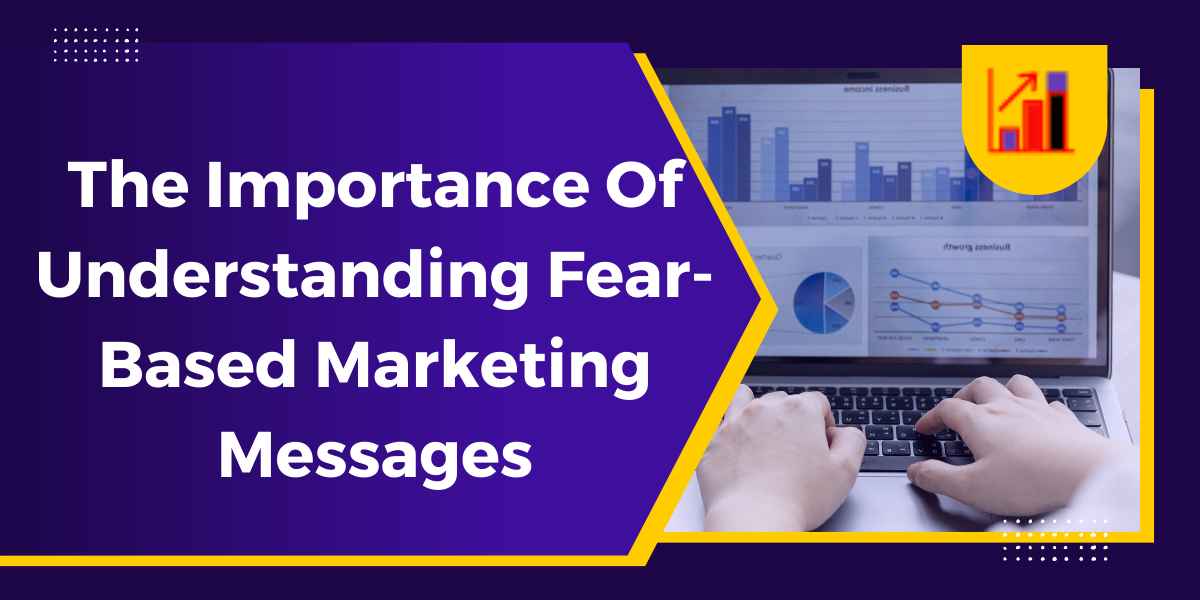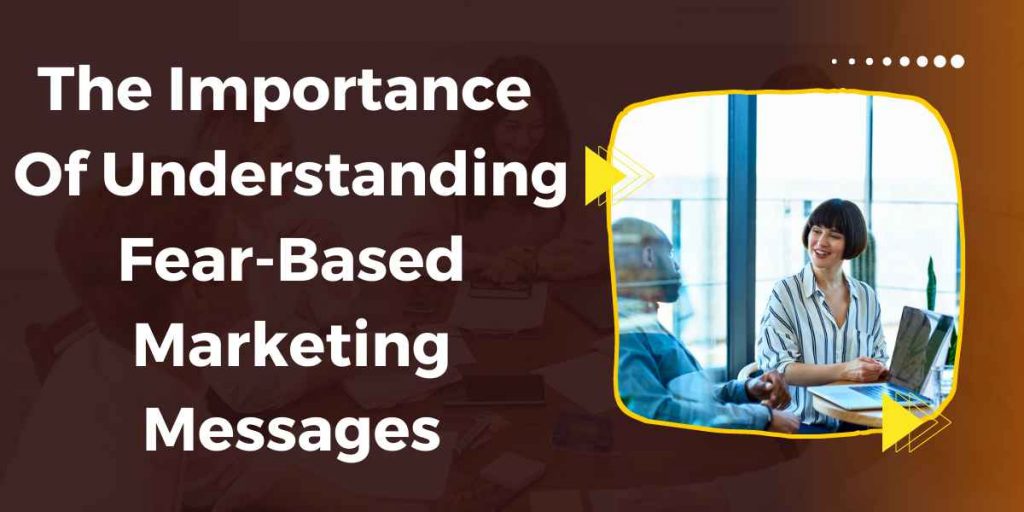The Importance Of Understanding Fear-Based Marketing Messages

Fear-based marketing is all the rage these days, and for good reason. It’s one of the most effective ways to get someone to act on a purchase impulse. And if you want to be one of the brands that capitalize on this powerful emotion, you need to understand how fear works. In this blog post, we will explore some of the most common fear-based marketing messages and how you can use them to your advantage.
What is Fear-Based Marketing?
Fear-based marketing messages are designed to scare people into buying a product or signing up for a service. These messages use exaggeration, threats, and shocking images to create an emotional response. marketers use fear-based marketing because it is one of the most effective ways to get people to buy products or sign up for services.
The reason fear-based marketing is so effective is because humans are wired to respond emotionally to threats and danger. This is why commercials that feature scary music and images, or previews of upcoming disasters, are so effective. They tap into our natural instinct to protect ourselves and our families.
In order for fear-based marketing to be effective, it needs to be targeted at the right audience. For example, ads aimed at children will often feature scary elements in order to keep them attention focused on the product. Ads aimed at older adults may not use as much fear or danger, but they will focus on persuasion instead of force.
The Types of Fear-Based Marketing Messages
Fear-based marketing messages are often used to create a sense of urgency and fear in consumers, prompting them to take action quickly. They often use scare tactics, such as putting products in dangerous orthreatening situations, to make the consumer feel like they need the product right now.
Some common fear-based marketing messages include:
- “Your time is limited, don’t waste it on things that don’t matter.”
- “This offer is only available for a limited time.”
- “Don’t miss out – this is your last chance.”
- “This product is only available while supplies last.”
The Effects of Fear-Based Marketing Messages
There is a growing body of research that suggests fear-based marketing messages are more effective than non-fear-based messages. This is because fear triggers a cascade of physiological responses in humans that make them more likely to buy products or services.

Some of the key effects of fear-based marketing messages are:
- A study by Stanford University found that when ads were designed to evoke fear, consumers were more likely to click on them and make a purchase than when they were not afraid. The study showed that ads with fearful content increased sales by 27%.
- When people are motivated by fear, they are more likely to act quickly and decisively in order to avoid potential harm. This can lead them to make purchases they might not otherwise have made, especially if the product or service is something they highly value.
- Fear-based marketing messages tend to create strong emotions in consumers, which can lead them to form mixed or negative opinions about the product or service being advertised. This can impact whether or not they will recommend it to their friends or use it again in the future.
Ways to Avoid Being Vulnerable to Fear-Based Marketing Messages
There are a few ways to avoid being vulnerable to fear-based marketing messages. First, be aware of what you’re being marketed to. Fear-based marketing is often targeted at people who are already feeling insecure or vulnerable, so be sure that the products you’re considering buying align with your personal values and are not just products that will make you feel uncomfortable.
Second, be wary of endorsements from people you don’t know or trust. Fear-based marketing can exploit people’s insecurity by promising them things they want but may not be able to achieve on their own. If an endorsement seems too good to be true, it probably is.
Finally, remember that fear is a powerful tool and should be used sparingly. Fear can motivate us to take action and achieve our goals, but it also has the potential to undermine our confidence and lead us into dangerous situations.
If You Need To Get More Information Then Click The Below Link.




